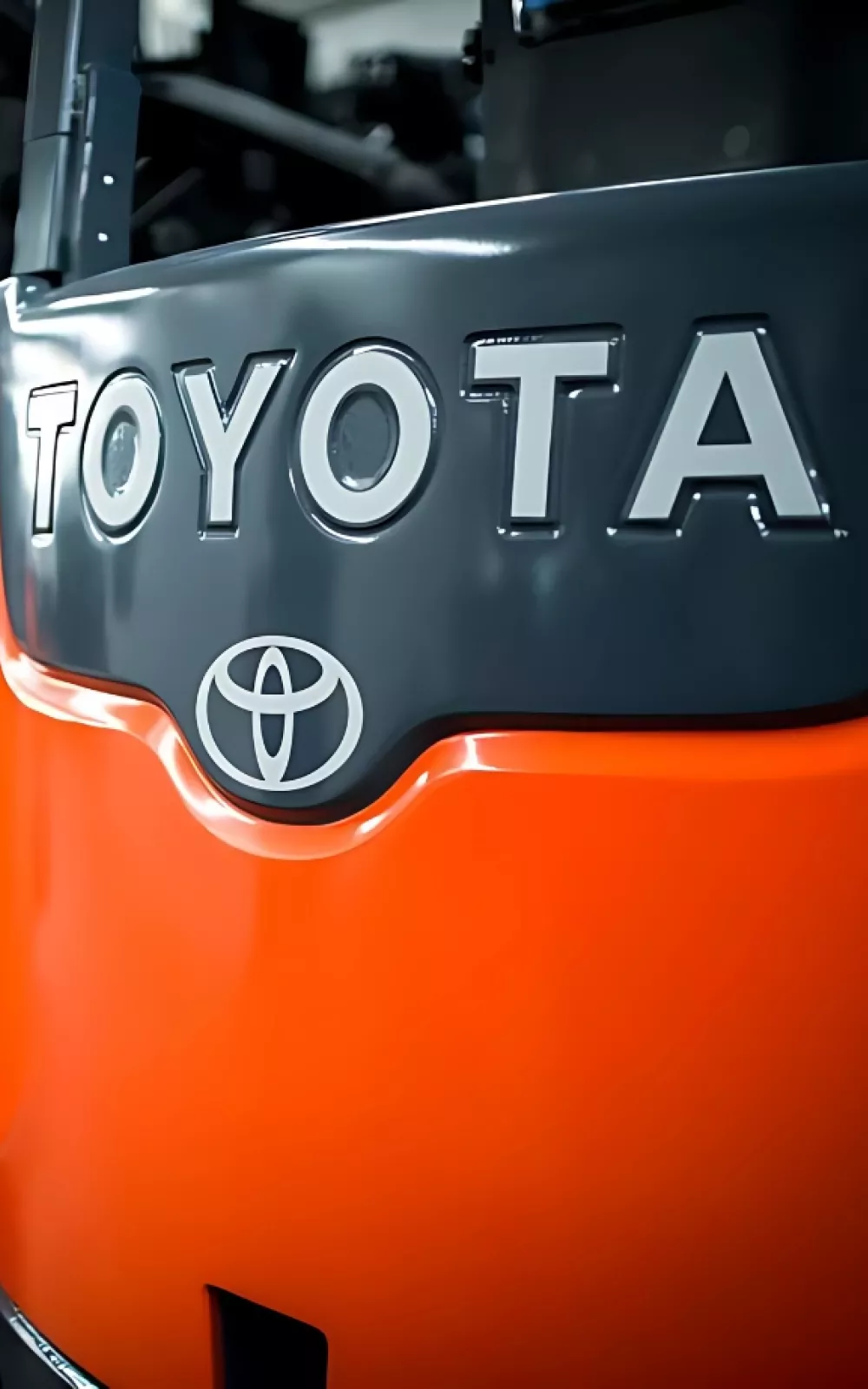Rent
ProLift offers daily, weekly, and monthly rentals. Find the right equipment for maximum productivity and safety.
Let us know how we can assist you! A ProLift specialist will connect with you to help with your material handling needs.
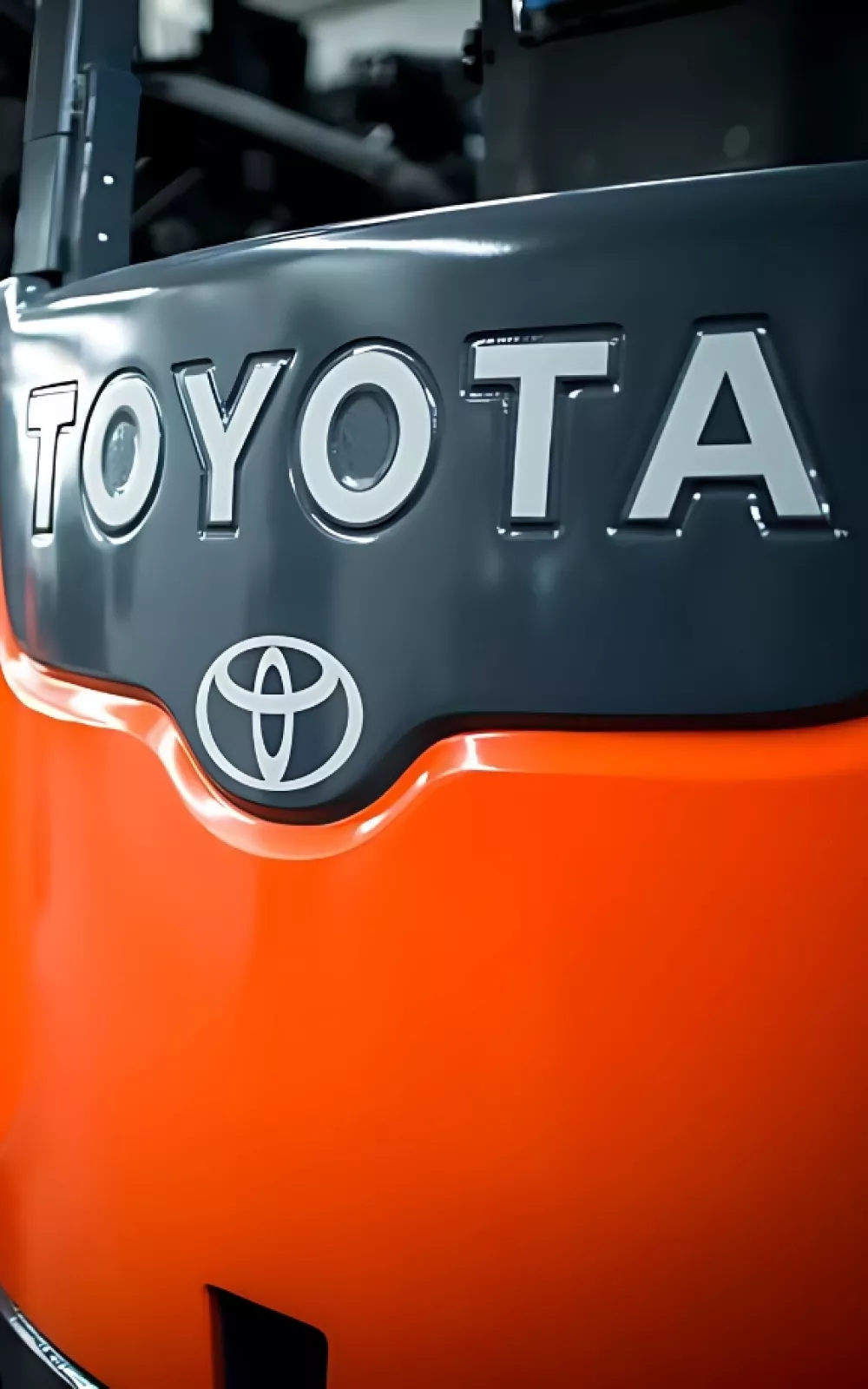
Choosing the right forks for your forklift is crucial for safety and efficiency. Learn how the correct fork size and type can prevent damage to your products, reduce safety risks, and improve your forklift's performance.
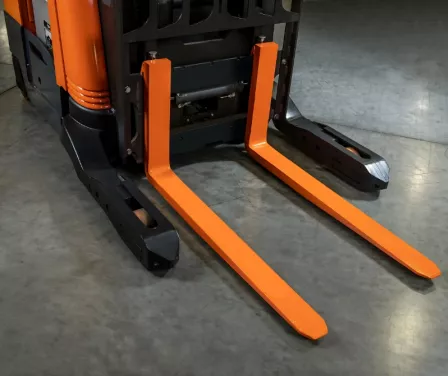
Forklift forks are far from standard—they are a crucial component of your forklift, and using the wrong type can jeopardize both your product and employee safety. If your company frequently switches forks or acquired the forklift secondhand, there's an increased risk that the forks may not be compatible with your equipment, posing a significant hazard.
Forklifts are divided into classes based on factors such as fuel type and function. Forks must meet industry standards that make them interchangeable, regardless of the lift truck manufacturer; however, they are specific to the capacity of the forklift. If your company has a mixed forklift fleet, never assume forks can be traded.
Forklift attachments also specify the use of specific forks. Research your operator manuals to know which forks are required.
Not all products are transported on pallets, so it's important to understand the basics of what you're lifting, including weight, dimensions, and load center. It's not enough for your forklift to be rated for capacity; the forks themselves must be thick enough to safely carry the load. For example, increasing the fork thickness from 1-1/2” to 2” can double the fork capacity, making them more versatile for mixed loads.
A common misconception is that forklift forks should be the same length as the load. In reality, the forks only need to support 75% of the load for stability. Additionally, forks that are too long can be hazardous, as they may hit racking, pedestrians, or other obstacles. Long forks can also cause product damage when they bump items already on the rack, and a strong impact could push items off, posing a serious injury risk to anyone on the other side.
Forks are not "one size fits all." Understanding the specifics of your forklift and the loads you handle will help you choose the best fork options for your application.
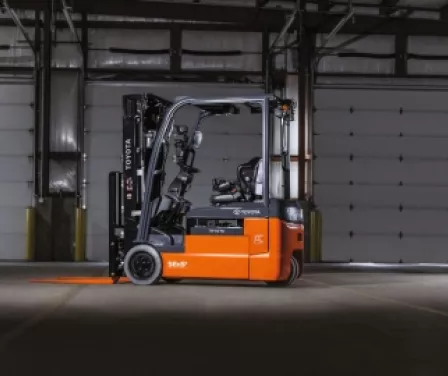
Review common questions regarding safety tips for your forks and forklift operation.
Forks that have been modified without the manufacturer's assistance, such as through drilling or welding, are compromised and no longer meet industry standards. Drilling holes in your forklift forks increases the risk of accidents and can result in OSHA-issued fines. Any modifications, including drilling, must have the manufacturer’s approval and be performed by the manufacturer to ensure safety and compliance.
Even when only one of your forks is damaged, forks should be replaced in pairs. Not doing so will cause your load to be uneven and may cause a tip-over. Uneven loads also put stress on the mast and other major components of the forklift.
Federal law requires that forklift forks be inspected at least once a year. Over time, daily use and dragging cause the forks to wear down. Even a 10% reduction in fork thickness can decrease the forklift's lifting capacity by 20%, making regular inspections essential for safety and performance.
Do you know the best fork position on your forklift? Knowing the correct answer may seem insignificant, but it is a skill that requires education of the operator as well as enforcement of the rules. It reduces accidents, but more importantly reduces the severity of injuries when accidents do happen.
Due to the operator’s reaction time and the weight of the forklift, manufacturers estimate that a fully loaded forklift requires 15-20 feet to come to a complete stop from full speed.
A properly trained operator will carry the forks or load 4-6 inches off the ground. This height is ideal to minimize contact with dock plates, expansion joints, uneven surfaces, inclines, and debris. It also ensures that, in the unfortunate event of a collision with a pedestrian, the injury is less severe. [Note: On rough surfaces, the forks may need to be raised slightly higher.]
For example, if a pedestrian steps out just 6 feet in front of an operator carrying the load too high, the pedestrian could be knocked down and dragged under the load for up to 10 feet. In such a scenario, the chances of survival are slim.
Per OSHA regulations, always tilt forks back when carrying a load. While different loads require unique angles, a slight tilt is all that is needed on most lift trucks to help retain loads when a fast stop is required. Unstable, round, liquid or loose stacked loads may require higher degrees of tilt back.
Forks on the ground are a trip hazard. However, if the forks are on the ground, you get an opportunity to lift your foot as you trip to recover balance. If a fork tip or heel is left up, a pedestrian stepping over can hook her foot underneath and fall. This is referred to as a “hook fall”. Hook falls are dangerous because the foot can’t move and full body weight pulls on the foot during the fall. The usual result is broken bones in the foot, ankle or leg.
To achieve a safe “parked” fork position, an operator lowers the forks completely with the mast vertical. The mast is then tilted slightly forward until the fork tips touch the floor, preventing a pedestrian’s hook fall.
Help limit the damage that can occur at your warehouse. Commit to knowing, following and enforcing the best positions for your forklift’s forks.
ProLift parts specialists are available to help source your items, including forks and fork extensions. Contact us today for pricing and delivery details.
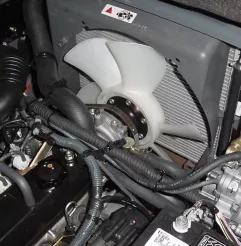
Looking for a forklift part? Check out the MyToyota online parts catalog or reach out to ProLift to connect with one of our parts specialists for assistance.
Discover best practices for maintaining and using some of our most frequently purchased parts.
Request assistance or a quote for forklifts and material handling equipment. ProLift supplies parts not only for our trusted manufacturers but also for all makes and models.
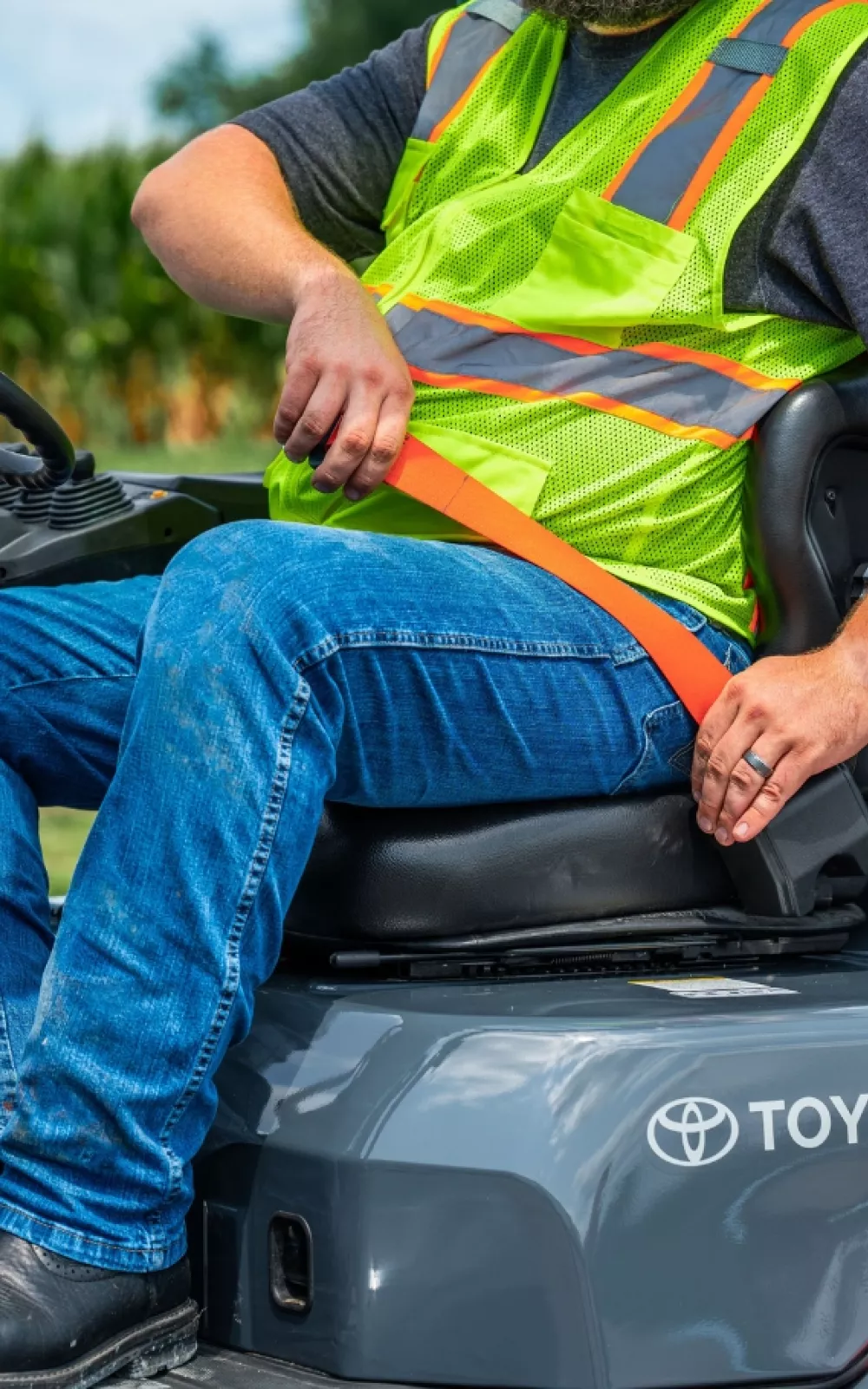
Let us know how we can assist you! A ProLift specialist will connect with you to help with your material handling needs.
